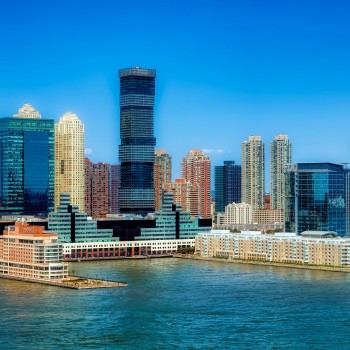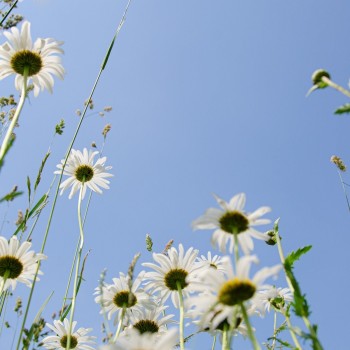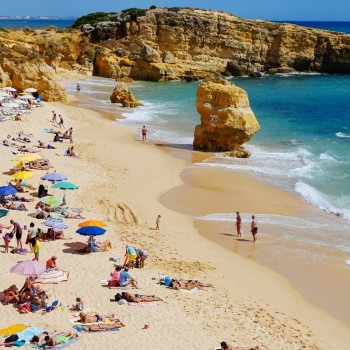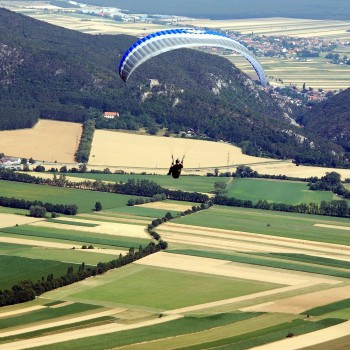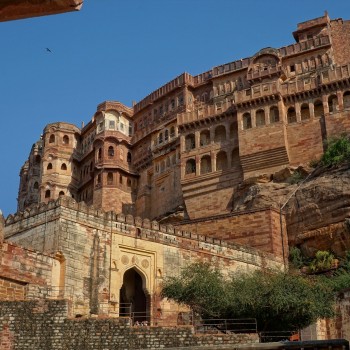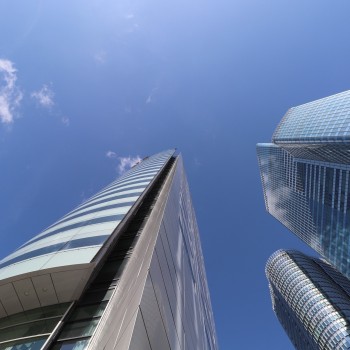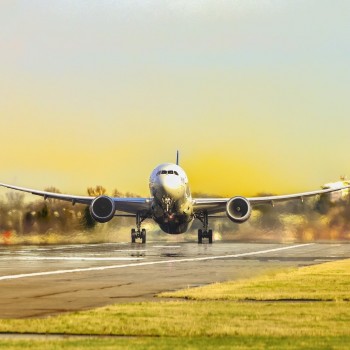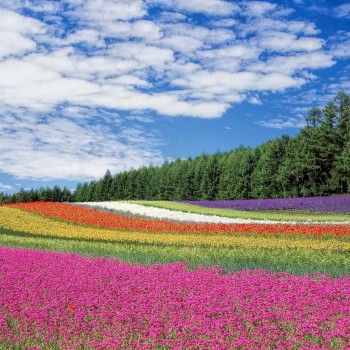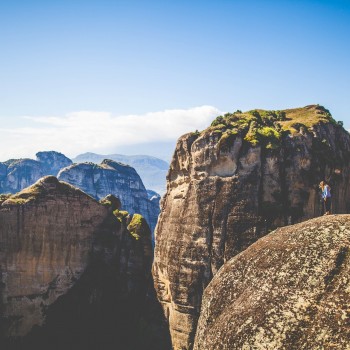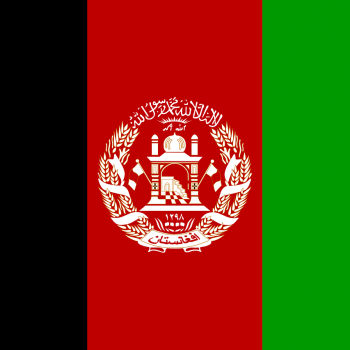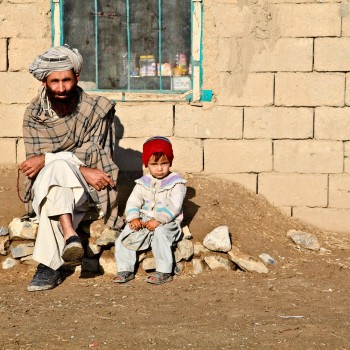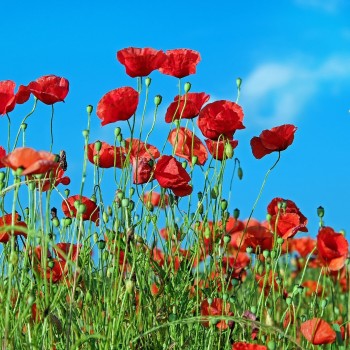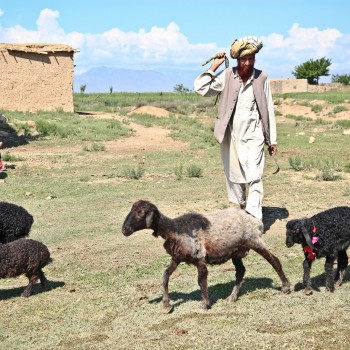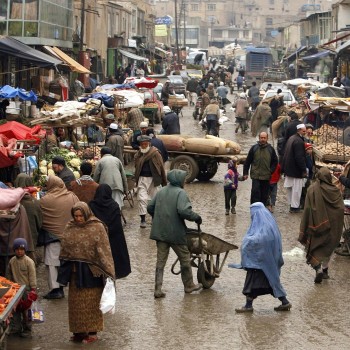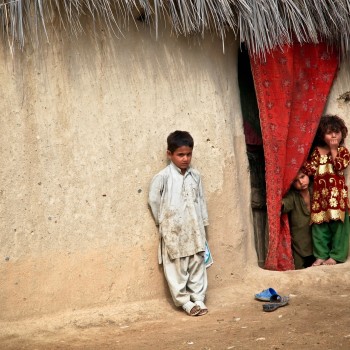Afghanistan
Afghanistan officially the Islamic Republic of Afghanistan, is a landlocked country at the crossroads of Central and South Asia. Afghanistan is bordered by Pakistan to the east and south; Iran to the west; Turkmenistan, Uzbekistan, and Tajikistan to the north; and China to the northeast. Occupying 652,000 square kilometers (252,000 sq mi), it is a mountainous country with plains in the north and southwest. Kabul is the capital and largest city. The population is around 32 million, composed mostly of ethnic Pashtuns, Tajiks, Hazaras, and Uzbeks.
Afghanistan is a unitary presidential Islamic republic. The country has high levels of terrorism, poverty, child malnutrition, and corruption. It is a member of the United Nations, the Organisation of Islamic Cooperation, the South Asian Association for Regional Cooperation, the Group of 77, the Economic Cooperation Organization, and the Non-Aligned Movement. Afghanistan's economy is the world's 96th largest, with a gross domestic product (GDP) of $72.9 billion by purchasing power parity; the country fares much worse in terms of per-capita GDP (PPP), ranking 169th out of 186 countries as of 2018.
Capital city description
Kabul is the capital and largest city of Afghanistan. It is located in the eastern part of the country, in a narrow valley situated between the Hindu Kush Mountains. Kabul is also located in the path of the historic silk route, one of the most important trade routes in human history.
Climate
The largest part of Afghanistan has a dry continental climate with hot summers and cold winters.
Afghanistan has four seasons; spring, summer, autumn, and winter.
- Spring: March-May
- Summer: June - August
- Autumn: September- November
- Winter: December- February
Languages spoken
Dari and Pashto are the official and most widely spoken languages, respectively, by 77% and 48% of the population of Afghanistan. Dari, or Farsi, is the official name of the variety of Persian spoken in the country and is widely used as a lingua franca. The two official languages are followed by Uzbeki (11%), English (6%), Turkmen (3%), Urdu (3%), Pashai (1%), Nuristani (1%), Arabic (1%), and Balochi (1%).
Fun/Fascinating Facts
- Afghans celebrate their new year, Nawroz, on 21 March, the first day of spring. Thousands travel to the northern city of Mazar-e-Sharif to welcome Nawroz, a pre-Islamic festival.
- Poetry is a vital part of Afghan culture. Afghans have told their stories in verse for more than 1,000 years.
- Afghan cuisine is more sophisticated than kebabs and rice. This landlocked country has been at the crossroads of major civilizations for centuries, which is reflected in the menu.
- Afghanistan would love its national game, buzkashi, or goat-grabbing, to be an Olympic sport.
- The people of Afghanistan are called Afghans, and their currency is Afghanis. Most of the time, people get confused about the use of these two terms.
Unique Customs/Traditions
- The family is the single most vital unit in the Afghan culture. Men's and women's roles are much more defined along traditional lines. Women are generally responsible for household duties, whereas men typically take the role of the breadwinners.
- Be careful when visiting Afghanistan not to do anything that might disgrace your counterparts. Don't criticize them in public and avoid questioning them to feel put on the spot or embarrassed. Be aware that when you are with your Afghani hosts, if you do anything considered shameful, this will also disgrace your hosts. As such, you must act in a weighed and measured way at all times.
- Foreigners must learn to read the rules and live by them. Undermining or publicly deriding them will damage trust and relationships. In some instances, it may even lead to punitive repercussions.
- Women need to note that it is considered a dishonor to be spoken to directly by a man in a social context. Likewise, if told to now by a man on the street, then this is equally inappropriate. Women should avoid looking men in the eyes and keep their eyes lowered when walking down the road to maintain one's reputation and social standing. Chatting to an unknown male will not be perceived well and may irreversibly damage her reputation.
- Dining in Afghanistan is a different experience, and there are many differences in etiquette. Always remove your shoes at the door if visiting a home. If eating at someone's house, you will be seated on o the floor, usually on cushions. Food is served on plastic or vinyl tablecloths spread on the floor. Wait to be shown where to sit. Suppose you can sit cross-legged. Otherwise, sit as comfortably as you can. Do not sit with legs outstretched and your feet facing people.
Popular universities
| Name | Description | |
|---|---|---|
| Kabul University | Kabul University is the ancient, foremost, and most reputed public university established in 1932, and currently, 22 faculties, 101 departments, 867 faculties' members, and 25200 students make up the university's academic resources. As the leading university and the first institution of higher education in Afghanistan, Kabul University was established in November 1932 with the establishment of the Medical Faculty and gradually developed with new faculties. As an influential institution, this university has been affected by the political and military developments in Afghanistan over the past four decades. | |
| American University of Afghanistan (AUAF) | The American University of Afghanistan (AUAF) is an internationally-supported private, non-profit university located in Kabul, Afghanistan. Established in 2006, it provides modern, global standard education to its students. AUAF currently offers programs that cover the spectrum of post-secondary education, from university preparation to undergraduate degree programs to training for professionals. | |
| Kardan University | Kardan University is a for-profit private higher education institution located in the rural setting of the metropolis of Kabul (population range of 1,000,000-5,000,000 inhabitants). It was founded in 2003 and Officially recognized by the Ministry of Higher Education of Afghanistan. Kardan University (KU) offers courses and programs leading to officially recognized higher education degrees such as pre-bachelor degrees (i.e., certificates, diplomas, associate or foundation), bachelor degrees in several areas of study. International students are welcome to apply for enrollment. KU also provides academic and non-academic facilities and services to students, including a library, sports facilities, financial aids and scholarships, online courses and distance learning opportunities, and administrative services. | |
| Kateb University | Kateb University is a non-profit private higher education institution located in the urban setting of the metropolis of Kabul, established in 2007and Officially recognized by the Ministry of Higher Education of Afghanistan. Kateb University (KU) offers courses and programs leading to officially recognized higher education degrees such as bachelor's degrees, master's degrees, doctorate degrees in several areas of study. International applicants are eligible to apply for enrollment. KU also provides academic and non-academic facilities and services to students, including a library, housing, sports facilities, financial aids and scholarships, study abroad and exchange programs, and administrative services. | |
| Herat University | Herat University is a non-profit public higher education institution located in the urban setting of the large city of Herat. It was founded in 1988 and officially recognized by the Ministry of Higher Education of Afghanistan. Herat University (HU) offers courses and programs leading to officially recognized higher education degrees such as bachelor's degrees in several areas of study. HU also provides several academic and non-academic facilities and services to students, including a library, housing, sports facilities, study abroad and exchange programs, and administrative services. | |
| Kabul Polytechnic University | Kabul Polytechnic University is a non-profit public higher education institution located in the metropolis of Kabul. Established in 1963 and officially recognized by the Ministry of Higher Education of Afghanistan. Kabul Polytechnic University (KPU) offers courses and programs leading to officially recognized higher education degrees such as bachelor's degrees in several areas of study. KPU also provides several academic and non-academic facilities and services to students, including a library, sports facilities, and administrative services. | |
| Dunya University of Afghanistan | The Dunya University of Afghanistan is a for-profit private higher education institution located in the metropolis of Kabul. Established in 2009 and officially recognized by the Ministry of Higher Education of Afghanistan, Dunya. Dunya University of Afghanistan (DUA) offers courses and programs leading to officially recognized higher education degrees such as bachelor's degrees in several areas of study. International applicants are eligible to apply for enrollment. The Dunya University of Afghanistan also provides academic and non-academic facilities and services to students, including housing, sports facilities, financial aids and scholarships, and administrative services. | |
| Salam University | Salam University is a for-profit private higher education institution located in the urban setting of the metropolis of Kabul. This institution also has a branch campus in Kunduz. It was founded in 2009 and officially recognized by the Ministry of Higher Education of Afghanistan. Salam University (SU) offers courses and programs leading to officially recognized higher education degrees such as bachelor's degrees, master's degrees in several areas of study. | |
| Dawat University | Dawat University is a non-profit private higher education institution located in the urban setting of the metropolis of Kabul. This institution also has a branch campus in Khost. Established in 2009 and officially recognized by the Ministry of Higher Education of Afghanistan. Dawat University offers courses and programs leading to officially recognized higher education degrees such as bachelor's degrees, master's degrees in several areas of study. Dawat University also provides several academic and non-academic facilities and services to students, including a library, sports facilities, financial aids and scholarships, and administrative services. | |
| Kabul University of Medical Sciences | Kabul University of Medical Sciences is a non-profit public higher education institution located in the urban setting of the metropolis of Kabul . Established in 1932 and officially recognized by the Ministry of Higher Education of Afghanistan. Kabul University of Medical Sciences (KUMS) offers courses and programs leading to officially recognized higher education degrees such as pre-bachelor degrees (i.e., certificates, diplomas, associate or foundation), bachelor degrees, master degrees in several areas of study. KUMS also provides academic and non-academic facilities and services to students, including a library, housing, sports facilities, financial aids and scholarships, study abroad and exchange programs, online courses and distance learning opportunities, and administrative services. | |
Festivals & Events

Nau Roz
Date: Between January and March
Nau Roz takes place between January and March, whichever date the New Year falls according to the Islamic calendar; Nau Roz is the most famous of all the festivals in Afghanistan. Farmers express gratitude and joy for abundant produce, and people celebrate with music and dance.

Mawlid (Mawleed al Nabi)
Date: March and May
Mawlid (Mawleed al Nabi) is an Islamic religious festival celebrated on the third month of the Muslim calendar, referred to as the Rabi al-awwal. On this day, Muslims commemorate the day Prophet Muhammad was born. The seven-day holiday period is assigned as a unity week by the Islamic Republic of Iran. During this period, Muslims fast, sing, do public processions, gather together, and decorate their homes and the streets. Mawlid is considered a public holiday in most Muslim countries except for Saudi Arabia, Salafi, a conservative movement within Sunni Muslims. The holiday is observed annually.
.jpg)
Eid al-Fitr (Eid-e-Fitr)
Date: Ninth month of the Islamic lunar calendar
Eid al-Fitr (Eid-e-Fitr) is the most vital month of the Islamic calendar. Ramadan is the ninth month, during which every Muslim -except the old, young, pregnant women, and the sick- is obliged to avoid food, drink from dawn to dusk.
The feast of Eid al-Fitr commences after the month of fasting ends on the first day of the month of Shawal. Celebrations usually last for about three days.

Eid al-Adha
Date: 10th month of the Islamic lunar calendar
The feast of Eid al-Adha is celebrated on the 10th day of the month. Animals, such as sheep, goats, and camels, are sacrificed, especially by those who have already performed the hajj.
Eid al-Adha commemorates the slaying of a sheep, instead of Isaac, as a sacrifice by his father Abraham, at the command of Allah. The family uses one-third of the slaughtered animal, another third is distributed to relatives, and the rest is given to the needy.
Attractions / Top Sights

Bagram
Bagram is situated in a stone’s hurl from both Kabul – the epicenter – and the mountains of the Hindu Kush; it is probably famous for presenting day’s onlookers as the location of the enormous allied military base in the country,

Panjshir Valley
The Panjshir Valley is crowned to become one of the newly discovered industrial bases of the nation. It prevails the renowned blend of snow-capped mountains, winding rivers, green fields, and countryside hamlets it’s forever been – except that is when the Soviets passed this way during their attack in the 1980s. With the American venture taking the lead, talk of everything from emerald unearthing to hydroelectric generation is being raised for these. It is one of the fascinating tourist attractions.

The Khyber Pass
The Khyber Pass indeed falls into that broad group of spots, not on the list for Afghanistan tourists. Since at least 2007, the whole area has been ruled by Taliban guerrillas, with western assistance and military convoys targeted precisely. However, once the tensity lift and the battle diminishes, this high-perched expanse of land in the elevations of the Spin Ghar will surely be worth the trip.



